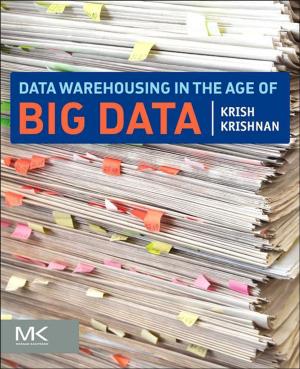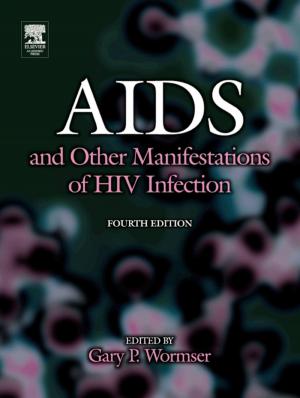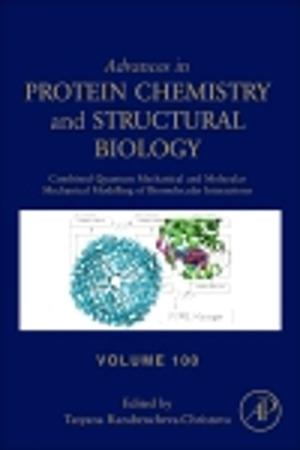Governing Nano Foods: Principles-Based Responsive Regulation
EFFoST Critical Reviews #3
Nonfiction, Science & Nature, Technology, Electronics, Semiconductors, Food Industry & Science| Author: | Bernd van der Meulen, Harry Bremmers, Kai Purnhagen, Nidhi Gupta, Hans Bouwmeester, L. Leon Geyer | ISBN: | 9780124202146 |
| Publisher: | Elsevier Science | Publication: | January 13, 2014 |
| Imprint: | Academic Press | Language: | English |
| Author: | Bernd van der Meulen, Harry Bremmers, Kai Purnhagen, Nidhi Gupta, Hans Bouwmeester, L. Leon Geyer |
| ISBN: | 9780124202146 |
| Publisher: | Elsevier Science |
| Publication: | January 13, 2014 |
| Imprint: | Academic Press |
| Language: | English |
Food which nanotechnology has impacted or to which nanotechnology is applied is referred to as nanofood. From treatment of the soil in which a crop plant is grown to the caring of a food, nanotechnology is a growing factor in the food supply. At this point, however, there is no definitive, effective global method for regulating the use of nanotechnology as it relates to the food suply.
Legislation on nanotechnologies is still evolving, as is understanding what data is needed for effective, efficient and appropriate risk assessment associated with nanotechnology impacted foods. Due to the emerging nature of nanotechnology and its role in the food supply, case-by-case studies are the current norm, but the need for wide-scale testing and broad-based regulatory standards is urgent.
This project is based on an EFFoST study designed to provide a comparative study of nanofood regulations in order to guide regulation development in this rapidly expanding market.
- Provides comparative study of nanofood regulations in order to guide regulation development in this rapidly expanding market
- Includes both case-by-case examples and more broad-based insights
- Provides models for regulation specifically for regulating nanotechnology as applied to food
Food which nanotechnology has impacted or to which nanotechnology is applied is referred to as nanofood. From treatment of the soil in which a crop plant is grown to the caring of a food, nanotechnology is a growing factor in the food supply. At this point, however, there is no definitive, effective global method for regulating the use of nanotechnology as it relates to the food suply.
Legislation on nanotechnologies is still evolving, as is understanding what data is needed for effective, efficient and appropriate risk assessment associated with nanotechnology impacted foods. Due to the emerging nature of nanotechnology and its role in the food supply, case-by-case studies are the current norm, but the need for wide-scale testing and broad-based regulatory standards is urgent.
This project is based on an EFFoST study designed to provide a comparative study of nanofood regulations in order to guide regulation development in this rapidly expanding market.
- Provides comparative study of nanofood regulations in order to guide regulation development in this rapidly expanding market
- Includes both case-by-case examples and more broad-based insights
- Provides models for regulation specifically for regulating nanotechnology as applied to food















